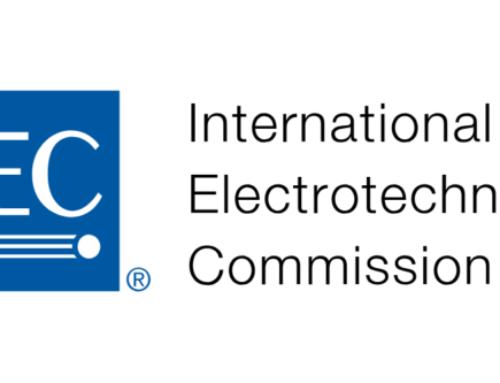In July 2022, the Ministry of Industry and Information Technology (MIIT) released the Plan on Sector Standards’ Revision, Development and Translation (hereinafter referred to as the Plan). The Plan contains a list of standards that require further development, including 188 sector standards that need to be revised, 450 that need to be formulated, and an additional 40 that need translating. The aim of the Plan is to better support the implementation of China’s Outline for the Development of National Standardization released in 2021. This list contains information on the name of sector standards (to be developed/revised/translated), the organizations in charge, organizations for standards drafting, as well as corresponding time schedules.
Among the list of sector standards, priority has been given to the standardization of key industries with a focus on stabilizing their supply chains. The focal points of standardization include 5G – the new generation of information technology, as well as new energy automobiles and intelligent connected vehicles. Following these key industries, the standardization of emerging industries has also been added to the list, specifically including the standardization of new materials (e.g. micro-nano brown powder), integrated circuits (e.g. AI smart chips), and ultra-high definition video. Another key category on the list is the standardization of new-type infrastructure, under which are standardization programs related to the Internet of Vehicles, mobile communication, high-speed broadband, cloud computing, big data, industrial internet, data center, data security, mobile internet, internet of things, and IPv6, as well as the future network. All key standardization programs have the same general goal of upgrading from the traditional industry and expanding the scale of the emerging industry. Green and low carbon standardization programs as well as standardization programs in other industries, including the chemical industry, iron industry, machinery industry, etc. are also listed in the Plan.
Key considerations of standard revisions and developments in the Plan stem from market needs. As Chinese enterprises face the increasing risk of supply chain disruption caused by a continuously shifting international political and economic environment, policies released in China intend to support a comprehensive supply chain at home. The Plan is one of them. Specifically, to better serve the market, the Plan introduces a number of basic standardization programs such as basic terminology, key generic technology, testing methods standards, as well as generic standardization programs for construction, energy conservation, and quality&safety related programs. Each of the standards are marked with a different number of stars representing their importance. The translation of standards, though, is especially meant to serve the Belt and Road Initiative to better support the output of Chinese standards.




